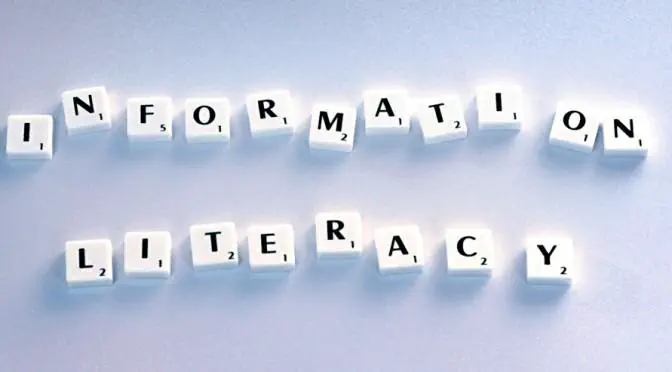Information Technology

Table of Contents
Slides
Introduction:
Information Technology MMM031303W (Syllabus, history of computers, etc,…)
Algorithms Part I.
Expressing algorithms (Algorithms Part II)
The Turing Machine (Algorithms Part III)
Algorithmic Methods (Algorithms Part IV)
A Short Lecture about Publications
Optionally
Lawrence Lessig — The Free Culture and some of his talks:
Lawrence Lessig Speaking in Auckland (2008)
Lawrence Lessig: “Free Culture” | Talks at Google (2007)
Lawrence Lessig Interviews Edward Snowden
(2014)
Homework(s)
- Methods of binary to decimal number conversion (lecture 2).
- Rounding rules (lecture 3)
- Absolute error estimation for other operations (power, square root, other… lecture 3)
- Arithmetic operations on a “rough values”… (lecture 3)
- Simple program for MARIE simulator (lecture 4)
- Meaning of acronyms (CISC, RISC, VLIW, EPIC, x86, x86-64,… lecture 5)
- Maze in Blockly: all levels (lecture 5)
- Greatest Common Denominator (GCD) in Blockly (lecture 5); one can choose an on-line editor at Google: https://blockly-demo.appspot.com/static/demos/code/index.html or “local” http://temisto.immt.pwr.wroc.pl/~myszka/blockly/demos/code/index.html.
- Algorithm B (training on paper: choose two three or four digits numbers and follow the algorithm, lecture 5)
Lectures
- David Harel, Yishai Feldman: Algorithmics: The Spirit of Computing, Addison-Wesley, 2004
- David Harel: Computers Ltd.: What They Really Can’t Do, Oxford University Press, 2003
- James Gleick: The Information: A History, a Theory, a Flood, Random House, 2011